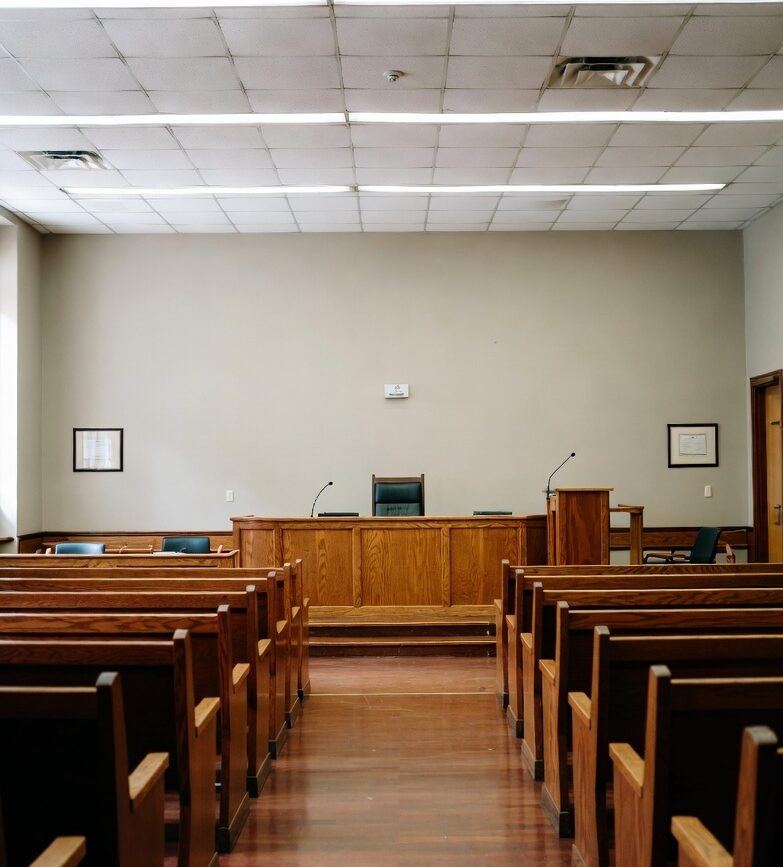Discovery is a pivotal stage in the legal process, particularly in criminal law cases. It is a fundamental procedure that allows both the defense and the prosecution to gather and exchange evidence before trial. The process of discovery in Oklahoma plays a crucial role in ensuring fairness, transparency, and the right to a fair trial for the accused. Here’s what you need to know.
Discovery in Criminal Law
Discovery in criminal law refers to the phase where both parties—prosecution and defense—exchange relevant information, evidence, and documents related to the case. This exchange aims to prevent surprises during trial and enables each side to prepare their case effectively.
The discovery process is crucial for ensuring a fair trial and upholding the constitutional rights of the accused. The Sixth Amendment of the U.S. Constitution guarantees the right to a fair trial, including the right to access evidence that can be used against the defendant. In Oklahoma, this right is reinforced through the discovery process.
The scope of discovery typically encompasses several different elements, including:
- Evidence: This includes police reports, witness statements, photographs, forensic reports, and any other material relevant to the case.
- Witnesses: Both sides have the right to know the identity and statements of witnesses that will be called upon during the trial.
- Expert Testimony: Information regarding expert witnesses and their findings is also part of the discovery process.
- Statements: Any statements made by the defendant or co-defendants to law enforcement or other parties fall within the realm of discoverable materials.
Types of Discovery:
Automatic Discovery: Some materials are automatically discoverable in Oklahoma without a formal request. These might include the defendant’s statements, any evidence seized during the investigation, and a list of witnesses the prosecution intends to call.
Requested Discovery: Defense attorneys can file specific requests for additional materials they deem necessary for their case. This may involve specific documents, witness statements, or expert testimony.
Reciprocal Discovery: In Oklahoma, the defense also has an obligation to provide reciprocal discovery to the prosecution. This includes disclosing witness lists, expert testimony, and certain documents to the prosecution upon request.
How Long Does It Take to Get a Motion of Discovery in Oklahoma?
The timing for obtaining a motion of discovery in Oklahoma can vary depending on several factors. Once an individual is charged with a crime, their attorney can file a motion of discovery. The timeline for receiving discovery materials can differ based on the complexity of the case, the court’s schedule, and the willingness of the prosecution to comply.
Generally, defense attorneys strive to file the motion of discovery at the earliest possible time after being retained or appointed. Courts may have local rules or guidelines dictating specific timeframes for the prosecution to respond to such motions.
How Long Does the Prosecution Have to Provide Discovery?
In Oklahoma, the prosecution is obligated to provide discovery materials to the defense within a reasonable time after the motion for discovery is filed. However, the state’s laws do not specify an exact timeframe for this process.
Prosecutors are expected to disclose relevant information promptly to ensure the defense has adequate time to review and prepare a defense strategy. The concept of fairness and due process underpins the obligation for the prosecution to provide discovery in a timely manner.
Final Thoughts
Discovery in criminal law in Oklahoma stands as a cornerstone of the legal process. It provides a mechanism for both sides to access essential information, aiding in the preparation of their cases and ensuring a fair trial. While the timelines for obtaining discovery materials may vary based on multiple factors, the overarching goal remains the same: to guarantee transparency, fairness, and the protection of individuals’ rights within the criminal justice system.
Understanding the intricacies of discovery and its significance becomes imperative for anyone navigating the legal landscape. This procedural aspect not only facilitates the exchange of information but also safeguards the principles of justice and due process for all involved parties.
Your legal representation will make all the difference
Navigating the complexities of the legal system, especially concerning discovery in criminal cases, demands expertise and strategic guidance. At Overman Legal Group, our experienced team understands the critical role that discovery plays in building a robust defense. Our team will account for all the facts in your favor and aggressively pursue the best possible resolution while navigating the complexities of the justice system to mitigate any long-term effects resulting from being charged.
Don’t leave your case in the hands of ineffective or apathetic counsel. Our dedicated, award-winning attorneys will always exhaust every resource on your behalf to secure a favorable outcome in your case.




